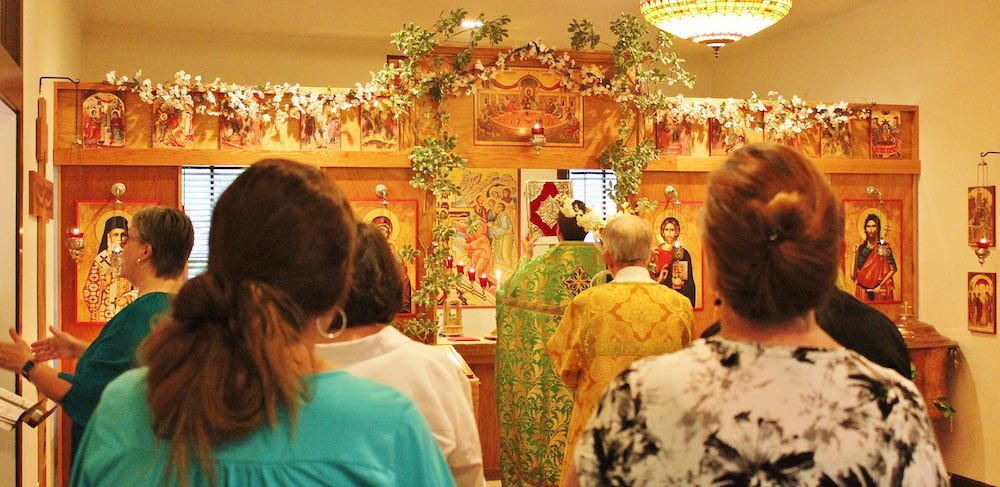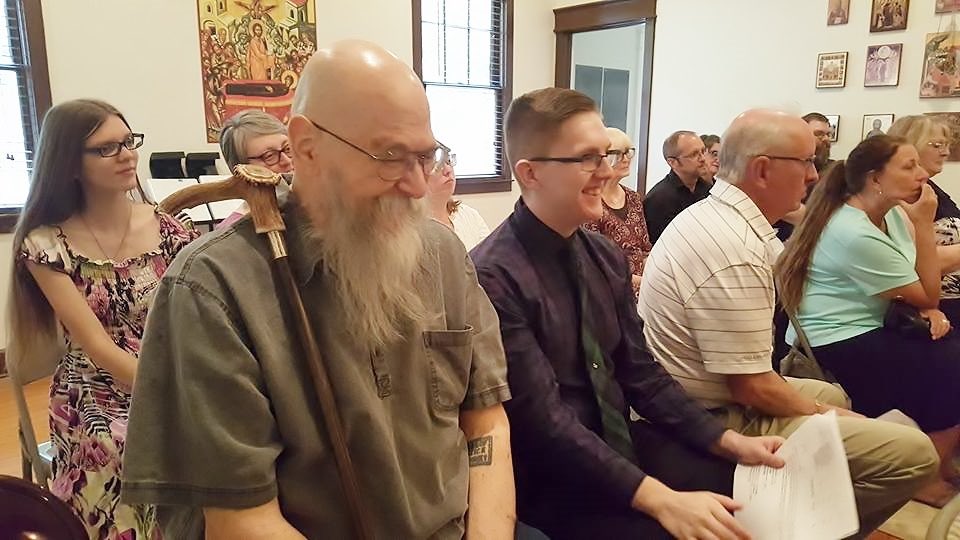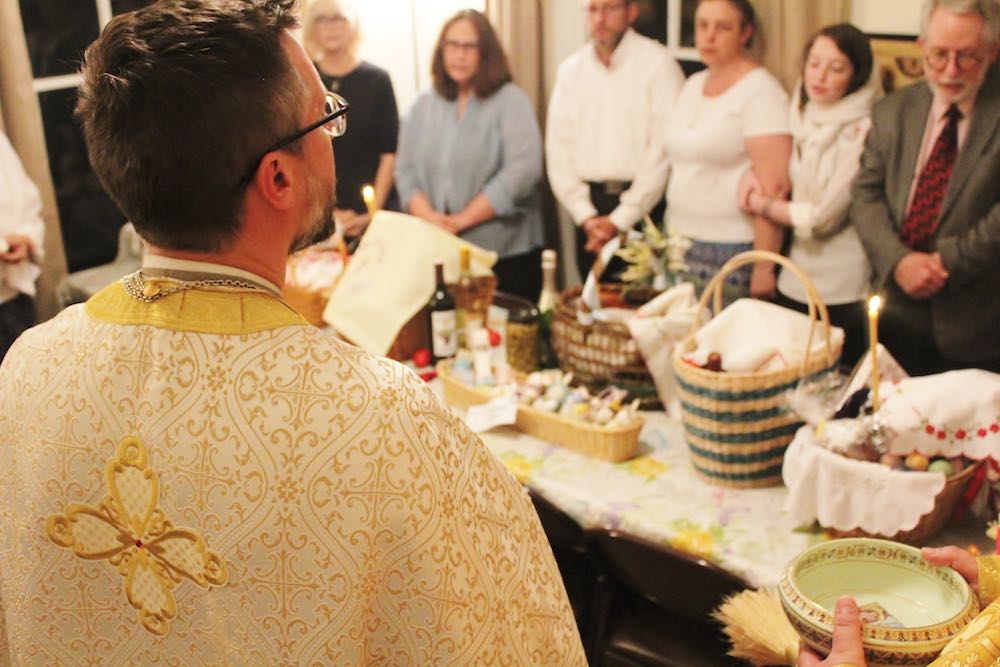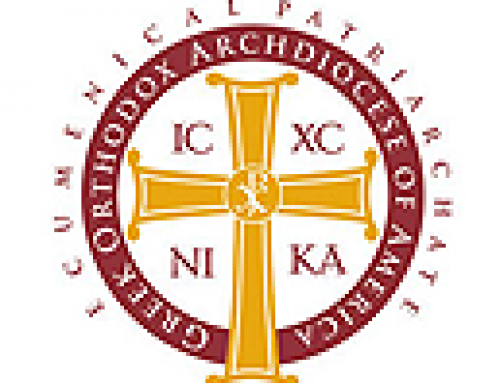This post was originally published on this site

The idea of “growth,” says Priest David Bozeman of Saint Nektarios Mission here, is “always on our minds as a mission parish. We feel the pressure of needing to grow our numbers, and so, when people visit, we are naturally excited.”
Father David admits that when enquirers choose not to return, it can be disappointing—and even disheartening.
“Sometimes, we take it personally, and I have been tempted to question myself and my methods—or even worse, others in this mission,” Father David admits. “But I am also reminded of Psalm 127—‘Unless the Lord builds the house, those who build it labor in vain. Unless the Lord watches over the city, the watchman stays awake in vain.’”
Father David is quick to add that one corrective to this kind of anxiety about external growth is focusing on internal growth.
“Our labor will certainly be in vain, as the Psalmist says, unless God is working on us internally,” Father David adds. “And so, focusing on the advantages of serving a smaller mission is helpful.”
One such advantage is the possibility of knowing everyone who “sticks around” for any length of time.
“In larger parishes, there are inevitably groups that naturally form, and this often can lead to some amount of distance between folks,” Father David observes. “In a smaller parish, while this still happens to an extent, it is somewhat easier to overcome, simply because of the nature of the size of the group.”

For example, Father David explains, at the common meal shared after the Sunday Divine Liturgy at Saint Nektarios, it is always refreshing to see that no one is left out. “If anything, folks might be overwhelmed at the inclusion they feel!
“I often remind people in our mission that what binds us together is not necessarily our common interests or likes and dislikes, but our confession of faith in Christ,” Father David continues. “And in order to deepen that faith, the Church needs to be together often and in prayer. That is really the greatest advantage of the OCA Planting Grant; it allows the priest the ability to hold more services and it gives the faithful the opportunity to worship together. In short, it builds the Church.”
At the center of a mission community is what Father David calls the “core group.”
“From there, people will orbit at different distances, but it is the core group that maintains the life of the mission,” he continues. “At Saint Nektarios, this core group is together in prayer at least three times each week, along with social activities and community opportunities. We get to know each other. We are allowed the opportunity to challenge each other and to be challenged.”
Father David recognizes that receiving the Planting Grant allows him to meet with people at their convenience, and this in turn draws them in closer to the center, thereby growing this core group.
“I get to know them; they get to know me,” he says. “And we begin to establish communion, which reflects the heart of our theology.”

At this stage, after five years together, Father David and his growing flock are turning their attention to expanding the mission.
“The early years were spent establishing ourselves and finding our own identity, while receiving the Planting Grant for the past two years was the next step in that process,” Father David explains. “We look forward to entering into the last year of the grant and making the final transition into being fully self-sufficient—and even more so at the opportunity to establish new missions as the need becomes apparent.”
Ultimately, it is Father David’s hope that “our work of maturing personally in the faith and deepening our personal relationships will remain the focus of Saint Nektarios Mission. It remains God’s prerogative to ‘build the house’—and it is our privilege to enjoy the pleasure of being ‘in that house!’”
Follow the growth of Saint Nektarios Mission on-line.


